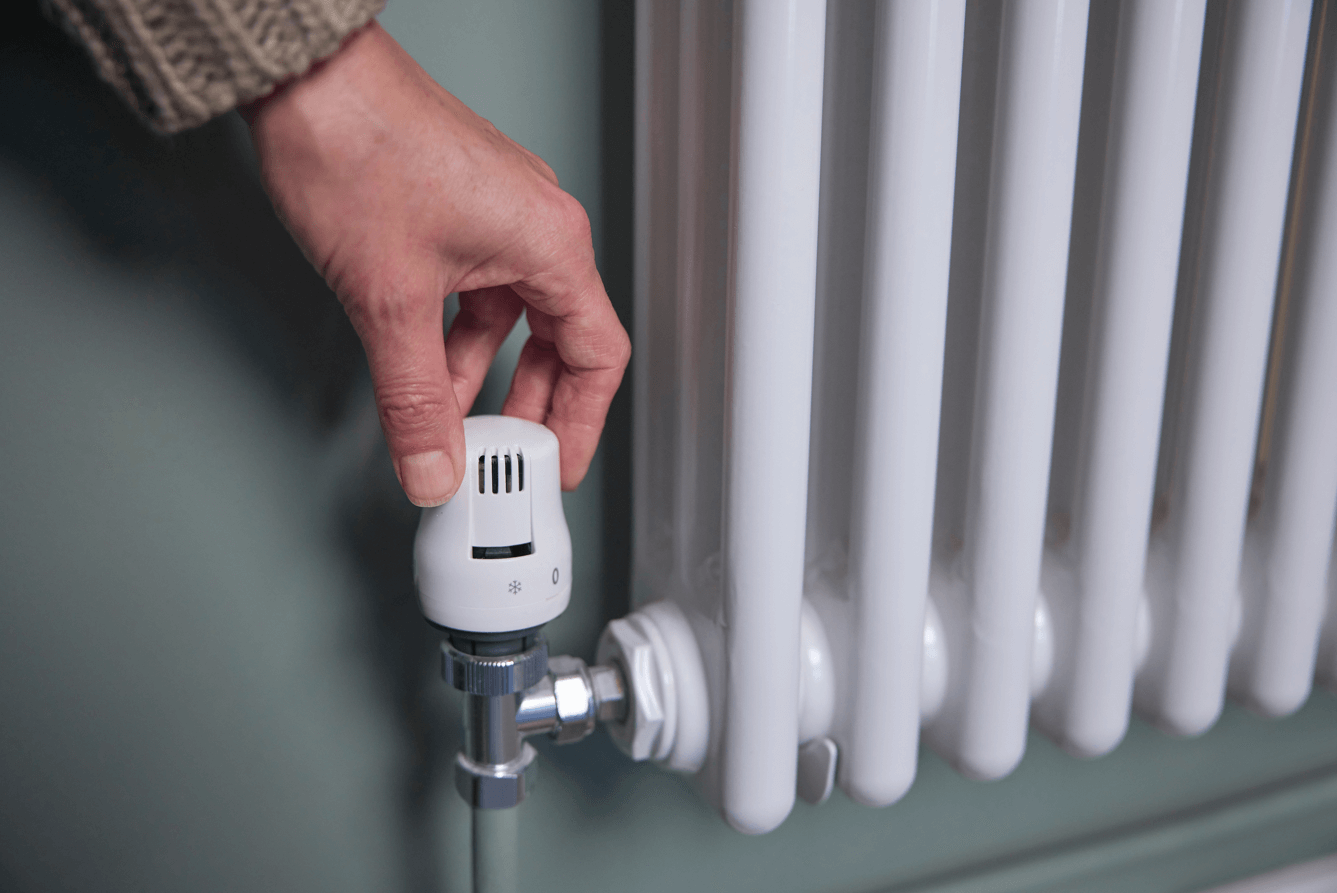
What is the energy price cap?
The price cap limits the maximum amount you can be charged per unit of energy if you're on a default or standard variable tariff. It doesn't apply to all tariffs, so not everyone will be affected.
Martin Lewis advises, if you've not switched in the last year or so, it's likely you will be on a capped tariff. However, it’s still important to check if your specific tariff falls under the cap.
What does the 7% energy price cap reduction mean for you?
Starting from 1 July, you’ll see a 7% drop in your energy bills. For example, on a standard tariff, if you’re paying £100 now, you’ll be paying about £93 after 1 July. While this is a positive change, it’s important to be prepared for potential price increases in the future.
Even though prices are going down now, the energy price cap is reviewed every three months and some experts believe it’s possible that it might increase again in October as the wholesale cost of energy remains high. As such, it’s a good idea to think about fixing your energy costs now to avoid higher bills later.
Locking in a Fixed-Rate: what does it mean?
When people talk about "locking in a fixed-rate deal" for your energy costs, this means agreeing to a contract where the price you pay per unit of energy stays the same for a set period, typically one or two years. Here's a simple breakdown:
Fixed Rate: Your energy price per unit (kWh) is fixed and won't change, no matter what happens to energy prices in the market.
Set Period: This fixed rate is guaranteed for a specific time, usually 12 or 24 months but can vary with some energy providers.
Stability: You’ll pay the same rate for the energy you use each month, making it easier to budget your expenses.
It's important to remember that it’s the price for each unit of energy that you use which is fixed. That means there's no upper limit to what you actually pay – if you use more energy, you'll pay more, use less and you'll pay less.
Why Consider a Fixed-Rate Deal?
Protection Against Price Hikes: If energy prices go up, your rate stays the same, potentially saving you money.
Predictability: You know exactly how much you'll be paying for energy each month, which helps with budgeting.
Peace of Mind: No surprises in your energy bill due to rises in energy prices.
It’s worth bearing in mind that some fixed tariffs can have an exit fee, so be sure to check this and any other terms and conditions before making a decision to switch to a fixed rate.
How to find the best energy deals
Energy prices often change, so it’s important to compare offers to find the best deal for you. You could use comparison tools like Martin Lewis’s ‘Cheap Energy Club’ to find the best fixed-rate deals available. It’s a free and easy-to-use tool that helps you find and compare energy deals.
Check it out here: Cheap Energy Club
Choose a Plan: Select a fixed-rate plan that suits your needs and budget.
Sign Up: Contact the energy provider to sign up for the fixed-rate deal.
For more tips and advice on managing your energy costs, visit our Cost of Living page



